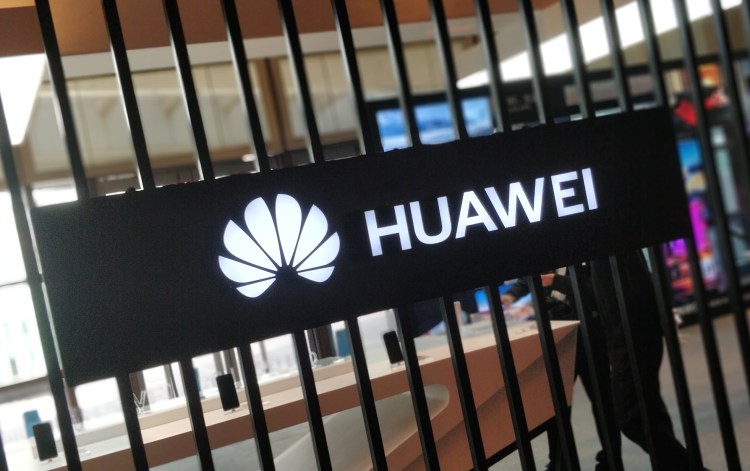Following highly publicized bans by the U.S. and Australian governments, Huawei has opted not to pitch New Zealand’s government on building the “core” of the country’s 5G networks, saying that “it’s not worth the hassle.” The Chinese company’s conclusion accompanies an apparent shift in its 5G bidding strategy, the New Zealand Herald reports, which will see it focus only on pitching radio access network (RAN) components within the country.
While Huawei has continued to push back against allegations that its products pose a security threat to next-generation 5G wireless infrastructure, U.S. and Australian officials have both concluded that using the company’s network hardware could give China’s government the ability to spy on secure communications. Additionally, the governments believe that China could use Huawei gear to seize control of key infrastructure elements that will come online for the first time thanks to 5G.
In New Zealand, Huawei is responding by differentiating its “core” hardware — parts of the network’s “brain” — from the RAN hardware, which includes radio transmitters and receivers located on cell towers. The company believes that it can win New Zealand carriers’ radio transceiver business by abstaining from offering parts that sit deeper within the 5G network infrastructure, seemingly separating the threat of Chinese control from the risk of surveillance.
Huawei apparently feels foes will find it harder “to push a security threat argument” if it stays away from the 5G networks’ cores, where seizing control could be possible. And it’s continuing to push the price advantage it offers customers as a major reason for its continued participation, noting that its exclusion — and thus, a reduction in competition — will lead to higher prices for consumers.
June 5th: The AI Audit in NYC
Join us next week in NYC to engage with top executive leaders, delving into strategies for auditing AI models to ensure fairness, optimal performance, and ethical compliance across diverse organizations. Secure your attendance for this exclusive invite-only event.
New Zealand carrier Spark is reportedly backing Huawei’s efforts, publicly separating its core hardware needs from its RAN needs, which it says Huawei has previously fulfilled with “good commercial value” and responsiveness. Spark called upon the government to allow Huawei to bid for 5G business, saying that its security tools can mitigate any risks the Chinese company’s gear might introduce into the network.
Whether that’s realistic or not remains a matter of debate. Huawei previously passed an interception security test developed by the United Kingdom, and U.K. officials have suggested that network security risk software could serve as a substantial, financially practical defense against any spying. By contrast, U.S. officials have been unrelenting with regard to the supposed risks of Chinese surveillance and appear to be unwilling to let Huawei gear of any type into 5G networks. The U.S. has continued to lobby allies such as Canada and South Korea to keep Huawei hardware out of their networks, as well.

